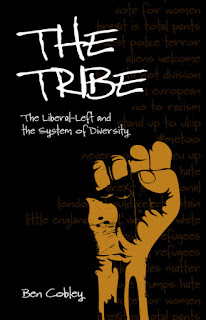A few thoughts on human 'rights'
When we hear activists talk about how we or they or some particular people have 'a right' to something, it can sound a little perplexing. On one hand, it sounds nice that people have a right to the good things of life, like security, freedom, material reward and the rest. But on the other the word, 'right', serves rather like a hammer, nailing down something, making it secure, which means taking away elements of doubt, of contest - of politics in other words. After all, a right is an entitlement . It moves the situation from one where the good things of life are up for grabs based on such things as hard work, ethical behaviour, greed, ambition and political power - and secures those goods from such contingencies. Political power is entrenched in a right. Any hard work can be considered done, ethical behaviour is put to one side and the human, all too human qualities of greed and ambition no longer need to be considered. In other words a human right accords a legal
